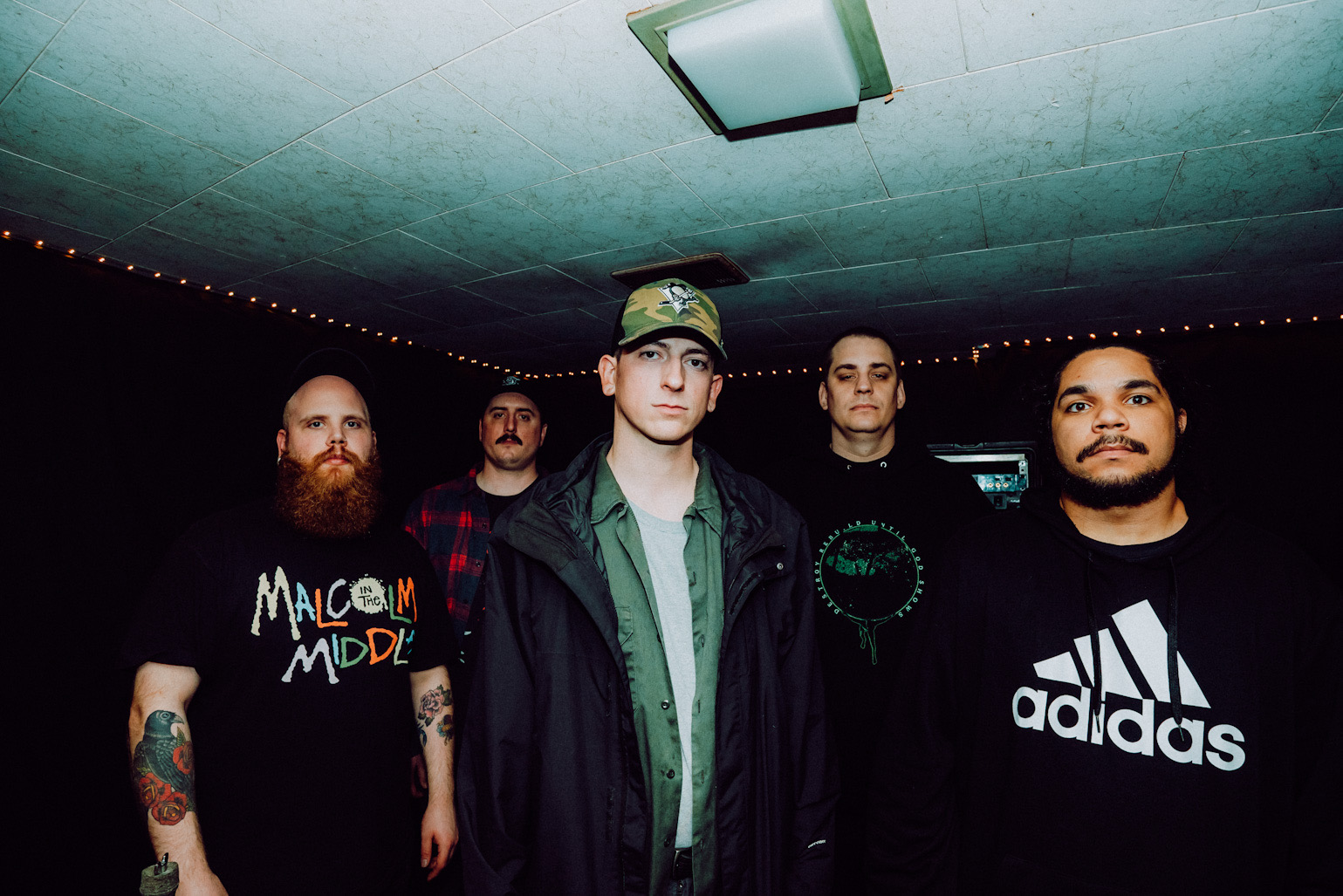Hi, kids! Do you like violence? All Eminem puns aside, death metal (and extreme metal, for the most part) is well known for its often disturbing lyrical content. Bands like Bloodbath, Autopsy, and Cannibal Corpse often sing (okay, not really) about dismembering people and possibly other gruesome acts, while Carcass and Disturbed blast best their way through lyrics about symphonies and coming down with sicknesses (one of these isn’t like the other). If you’ve seen any Saw movie, these lyrics won’t exactly shock you, but for the average person, the blast beats and lyrics about “resurrecting the evil one” (thanks Children Of Bodom) aren’t terribly palatable.
However, scientist William Forde Thompson, a professor at Macquarie University in Sydney, Australia, has attempted to discover just why extreme metal is listened to by its fans. In a recent article on Scientific American, the findings may well surprise you.
In the study, Scientific American has plenty to say.
“It’s the paradox of enjoying a negative emotion that I was interested in,” says Thompson, a professor at Macquarie University in Sydney, Australia. “Why are people interested in music that seems to induce a negative emotion, when in everyday life we tend to avoid situations that will induce a negative emotion?” A number of studies have explored the emotional appeal of sad music, Thompson notes. But relatively little research has examined the emotional effects of listening to music that is downright violent.
Thompson’s work has produced some intriguing insights. The biggest surprise? “The ubiquitous stereotype of death metal fans—fans of music that contains violent themes and explicitly violent lyrics—[is] that they are angry people with violent tendencies,” Thompson says. “What we are finding is that they are not angry people. They’re not enjoying anger when they listen to the music, but they are in fact experiencing a range of positive emotions.”
We’d recommend reading the entire article for more of the science behind why people listen to such extreme music, but at its core, it’s mostly about both catharsis and appreciation for the immense skill it takes to play death metal. That’s something to celebrate.




